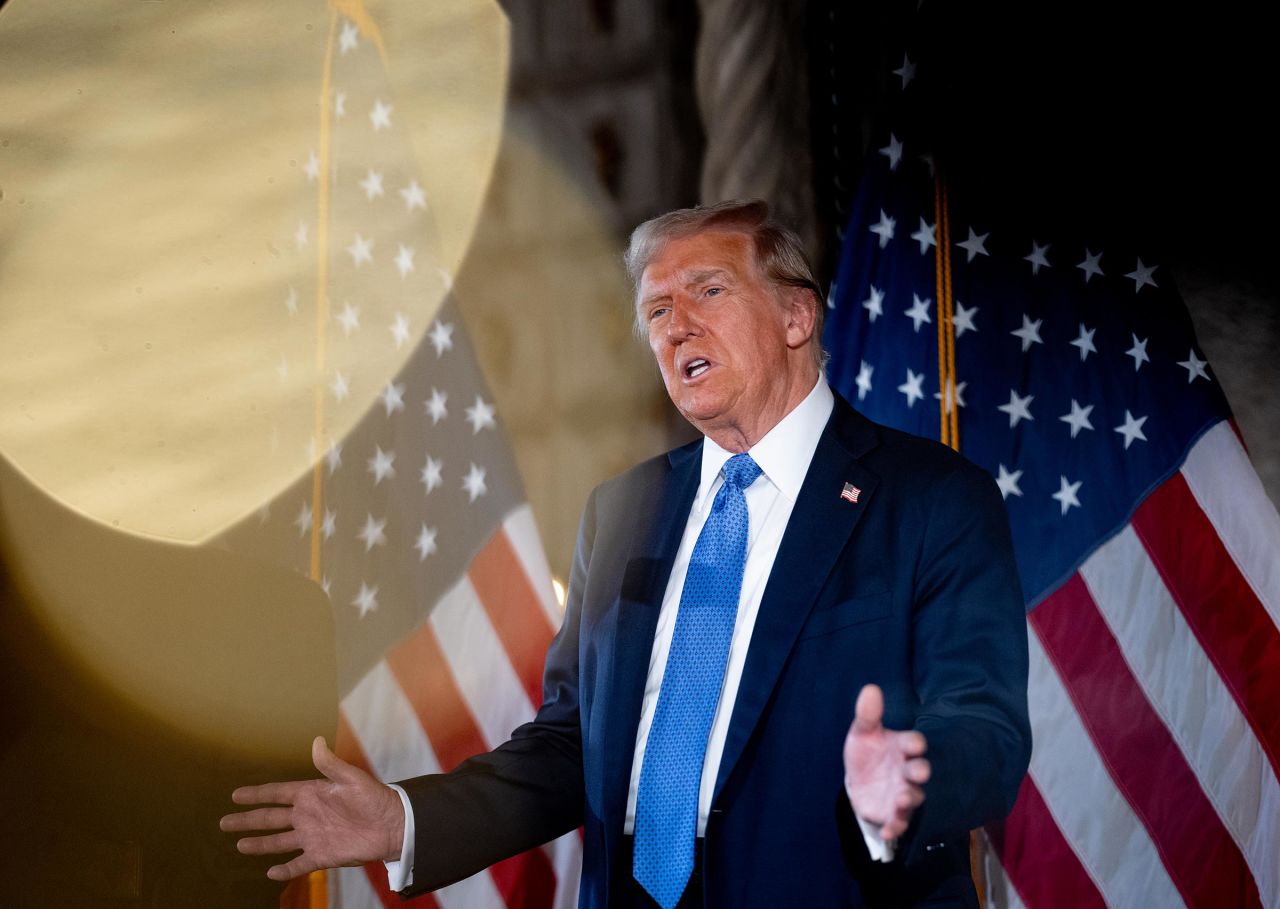The Senate approved a slimmed-down, temporary government spending plan early Saturday morning, averting a shutdown of the federal government.
The legislation now goes to President Joe Biden for his signature, and the brief lapse beyond a midnight funding deadline is not expected to have a significant impact.
The passage of the package came after President-elect Donald Trump torpedoed a bipartisan agreement struck earlier in the week. A House vote on a Trump-endorsed funding bill failed on Thursday evening, but the chamber then approved a revised bill Friday evening.
The legislation funds the government through March 14, setting up another spending showdown in the early days of the Trump administration.
Here’s what else is in the bill:
• More disaster aid funding: The spending bill provides about $100 billion to help Americans trying to recover from multiple natural disasters in 2023 and 2024. The funding is in line with the roughly $100 billion topline request from the Biden administration in November.
• Economic aid for farmers: The bill includes $10 billion in economic aid for farmers, one of the last sticking points in negotiations earlier this week. Lawmakers from agriculture-focused states have argued that the help is desperately needed as the US’ farmers are facing lower commodity prices and higher costs for supplies.
The spending agreement also includes a one-year extension of the farm bill — a sweeping package that governs many agricultural and nutrition assistance programs.
• Maryland bridge funding: Under the the bill, replacing the Francis Scott Key Bridge in Maryland will be fully funded by the federal government. The legislation will also allow the US Treasury Department to recoup money from any settlements related to the bridge’s collapse to help pay for the rebuilding.
And here’s what’s no longer in the funding package:
• Debt ceiling extension: The GOP package that failed Thursday would have suspended the debt ceiling until January 30, 2027, addressing Trump’s key demand from his Wednesday evisceration of the original deal. Instead, Republicans are looking at including an increase of the debt ceiling in a future package next year.
The debt ceiling is currently set to return on January 2. It was suspended as part of the bipartisan Fiscal Responsibility Act, which Congress passed in June 2023. Lawmakers likely would have until mid-2025 to address the debt ceiling, since the Treasury Department could temporarily use cash on hand and other measures to keep paying the nation’s bills and avoid a first-ever default.
Although Republicans will control Capitol Hill and the White House next year, having to deal with the debt ceiling then would add another complicated issue onto the party’s already-full plate, which includes extending the sweeping 2017 Trump tax cuts.
Read more about the bill, including some other priorities that did not make the cut, here.


















